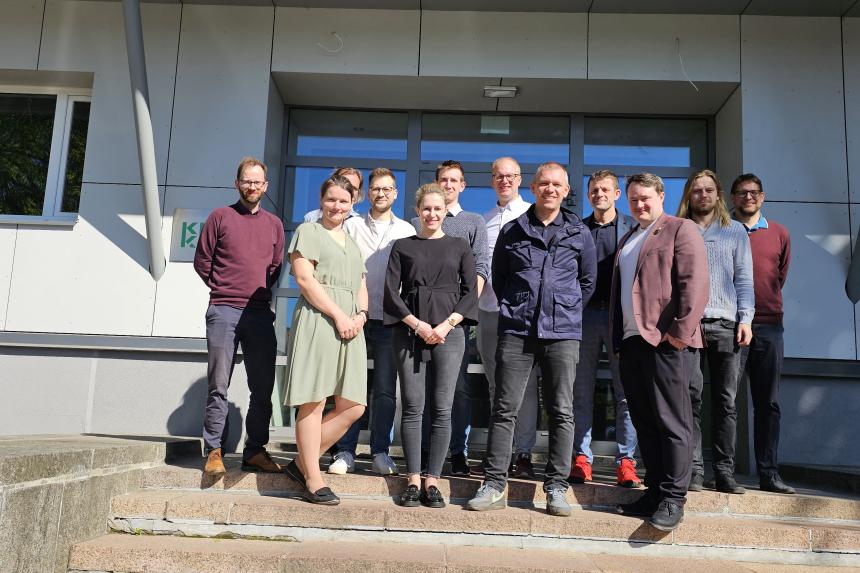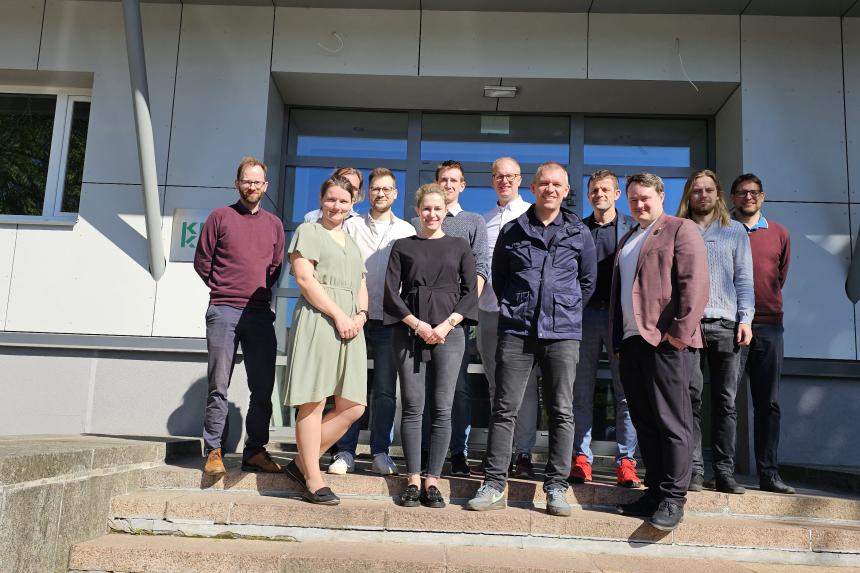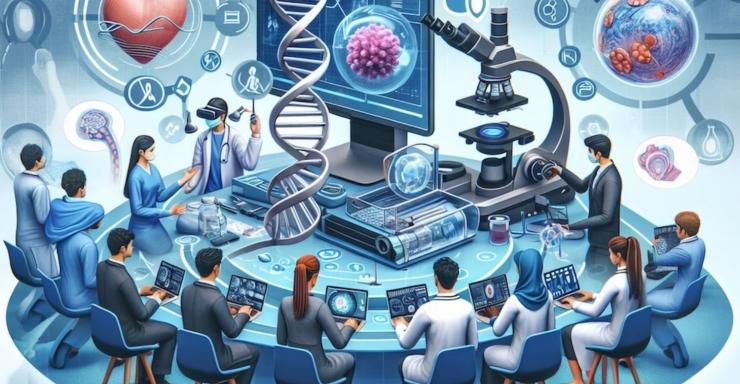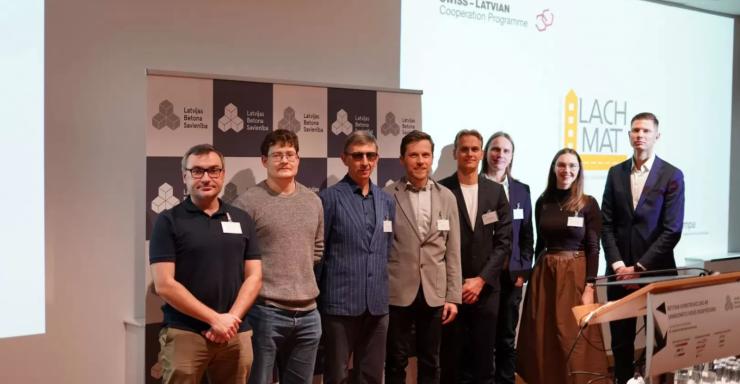The Latvian State Institute of Wood Chemistry hosted the official kick-off meeting for the international R&D project BioCAN, bringing together chemicals, materials scientists, engineers and environmental scientists from seven research and industrial institutions across Europe. Over two intensive days in Riga, the consortium aligned its strategies for creating recyclable composite materials from bio-based polymers and fibres - an ambitious innovation for the transportation industry.

BioCAN (Development of bio-based polymers with covalently adaptable networks for recyclable natural fibre reinforced composite production) is a three-year project supported by M-ERA.NET and funded by national agencies. It aims to develop vitrimer-based thermoset resins derived from renewable feedstocks. These resins will be used together with natural fibres to form composite materials, offering strength, thermal stability, and recyclability - qualities traditionally considered incompatible.
The vitrimer technology, which enables thermally reversible crosslinking, allows these materials to be reshaped and repaired, offering closed-loop recyclability. By the end of the project, the consortium plans to scale the material synthesis to TRL 5, making it ready for prototype validation in transportation interiors such as seat structures and panelling.
"Our goal is to combine renewable feedstocks and circularity," said Ph.D. Miķelis Kirpļuks, BioCAN project coordinator and leading researcher at LSIWC’s Polymer Laboratory. "The materials we are developing will not only reduce fossil-based inputs, but also align with the future of sustainable mobility."
The presentation shared during the kick-off included an overview of industrial demand for such materials. A slide titled “…some satisfied customers” featured logos of major industry players - including Audi, Volkswagen, Daimler, Airbus, Rolls-Royce, Siemens, LG, Philips, Bombardier, and Lufthansa Technik - indicating the growing interest in lightweight, recyclable composites from sectors like automotive, aerospace, rail, and electronics.
Project facts
Coordinator: Latvian State Institute of Wood Chemistry (Latvia)
Partners:
- Warsaw University of Technology (Poland)
- Charles University (Czech Republic)
- Institute of Macromolecular Chemistry CAS (Czech Republic)
- NOMA Resins Sp. z o.o. (Poland)
- Leichtbau-Zentrum Sachsen GmbH (Germany)
- Dresden University of Technology (Germany)
Project type: M-ERA-NET
Project number: Nr. ES RTD/2025/12



